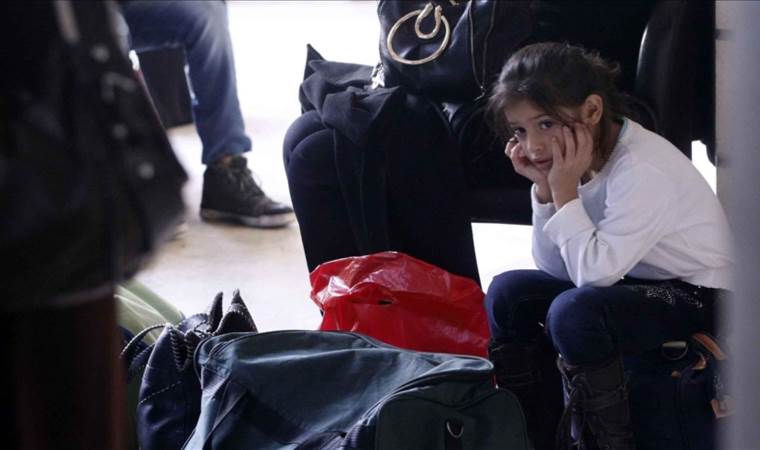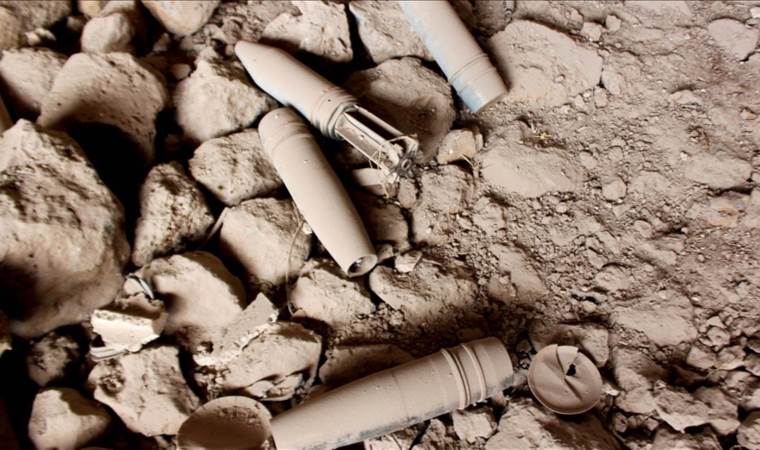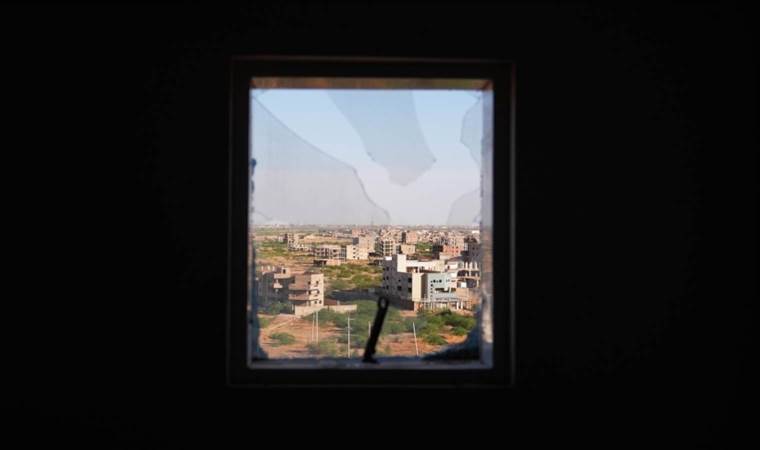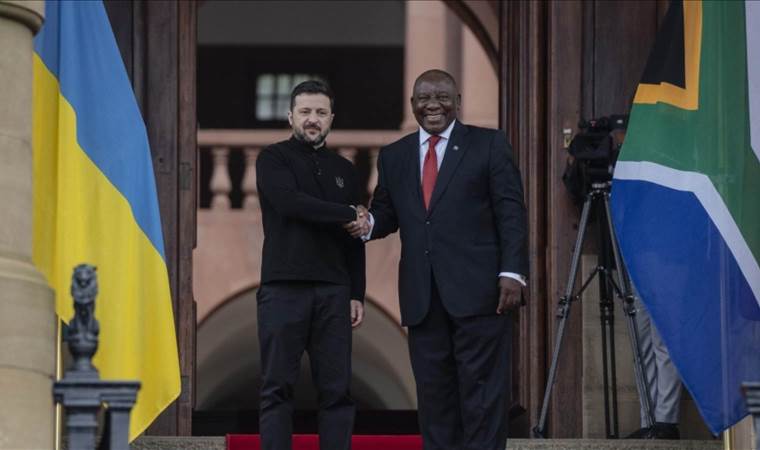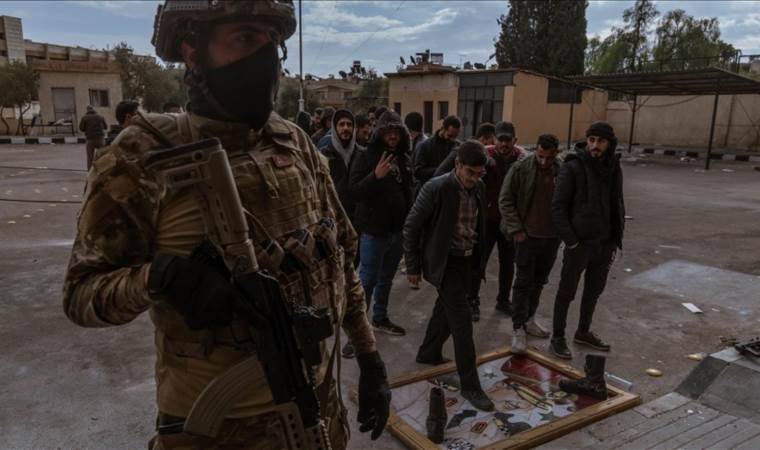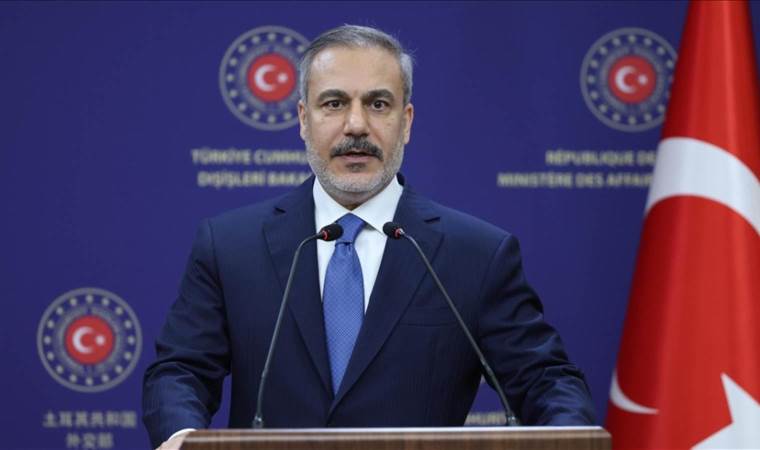Authors Columns of the Day Sport Guest Life All Authors
Istanbul nears local election
Istanbul recently experienced its most severe storm in years. Unlike similar weather events 5-10 years ago, which paralyzed the city and caused fatalities, this time the metropolis was prepared. The only significant damage occurred at Rumeli Feneri's jetty, impacting seafront businesses in Garipçe village and flooding three to five houses.
Firstly, as CHP (the Republican People's Party) Chairman Özgür Özel highlighted in a group meeting, Mayor Ekrem İmamoğlu's administration invested a substantial 40 billion TL in infrastructure over the last 4.5 years, focusing on unseen areas. During the pandemic, significant improvements were made to the city's sewage lines, and slope issues in problematic areas were resolved. Additionally, with the forecast of worsening weather, agencies like İSKİ (Istanbul Water and Sewerage Administration) mobilized their maintenance, parks, and infrastructure units, sending motor pumps to areas beginning to flood, and diverting rainwater to replenish drying reservoirs instead of the sea. It's worth noting that senior İBB officials like Can Akın Çağlar, Arif Gürkan Alpay, Buğra Gökce, Şafak Başa, and Remzi Albayrak spent nights at AKOM for this operation.
This test, ahead of the upcoming elections, scores points for both Mayor Ekrem İmamoğlu and the CHP. It proves that the 150 days, 150 opening projects initiative was substantial. If improvements in traffic and public transportation follow and initiatives like student dorms and affordable bread are well communicated to the public, İmamoğlu could emerge from the race as the elected mayor. Districts are also crucial. No issues seem likely in Kadıköy, Şişli, Beşiktaş, Bakırköy, Avcılar, Kartal, Beylikdüzü, Maltepe, and the Adalar. Similarly, CHP strongholds with unique voter bases, like Hasan Akgün in Büyükçekmece, Battal İlgezdi in Ataşehir, Şükrü Genç in Sarıyer, and Kemal Deniz Bozkurt in Esenyurt, are advantaged. They, like Ümit Uysal in Antalya's Muratpaşa, Alper Taşdelen in Ankara's Çankaya, and Erhan Kılıç in İzmir's Buca, are winning support from conservative, right-wing, and importantly, Kurdish voters through social projects. Initiatives like Buca's grape project, Muratpaşa's citrus card, and Ataşehir's Ataevi project significantly influence election outcomes. Right candidates could also win Tuzla, Eyüp, Üsküdar, Sancaktepe, Çatalca, and Silivri. Similar strategies could apply in Beykoz, Çekmeköy, and Bahçelievler. CHP's new chairman Özgür Özel and his team will likely consider these sensitivities.
An Opera House for Haydarpaşa Train Station!
Historian İlber Ortaylı, in a conversation before the November 10th concert at CRR (Cemal Reşit Rey Concert Hall), spoke about Atatürk's understanding of musicality. He noted, “Atatürk knew he would win the war. What mattered was sowing the seeds of a civilized society.” Similarly, during the October 29th week, historian guide Saffet Emre Tonguç led a group through Ankara's Museum of Anatolian Civilizations, emphasizing, “Before the Republic's declaration, Atatürk wanted to establish this museum in 1921 to preserve cultural heritage and Turkish traces in Anatolia. He knew the future lay in historical fabric…” Atatürk was equally attentive to the Turkish language, establishing the Turkish Language Association (TDK) years ahead of contemporary linguists, describing it as “a language family with thousands of years of history, not limited to monuments.”
Returning to Ortaylı, he lamented Istanbul's lack of a grand opera house during his speech. While subtly critiquing the inadequacy of AKM (Ataturk Cultural Center), CRR, and Süreyya Opera, he suggested the underutilized Haydarpaşa Station: “With its historic texture, size, and splendor, Haydarpaşa Station could become Istanbul and Turkey's largest opera house, a splendid idea…” It's a suggestion from İlber Hoca, awaiting the first step from the Minister of Culture and Tourism, M. Nuri Ersoy – provided it's not defeated by potential profit-driven projects!
Yazarın Son Yazıları All Columns
Günün Köşe Yazıları
Most Read News
-
 Recent Russian strikes on Kyiv were 'not necessary,' say
Recent Russian strikes on Kyiv were 'not necessary,' say
-
 Germany offers Syrians up to $4,555 to return home
Germany offers Syrians up to $4,555 to return home
-
 Despite stated ban, Spain continues to buy arms from Isr
Despite stated ban, Spain continues to buy arms from Isr
-
 China denies having talks with US on tariffs
China denies having talks with US on tariffs
-
 60 militants from paramilitary RSF killed in North Darfu
60 militants from paramilitary RSF killed in North Darfu
-
 Nearly half of Americans now live with dangerous air qua
Nearly half of Americans now live with dangerous air qua
-
 Zelenskyy partially cancels South Africa visit in wake o
Zelenskyy partially cancels South Africa visit in wake o
-
 Britain lifts sanctions against Syrian defense, interior
Britain lifts sanctions against Syrian defense, interior
-
 Pakistan says any Indian attempt to divert, stop flow of
Pakistan says any Indian attempt to divert, stop flow of
-
 Turkic world will continue to stand by Turkish Cypriots,
Turkic world will continue to stand by Turkish Cypriots,


